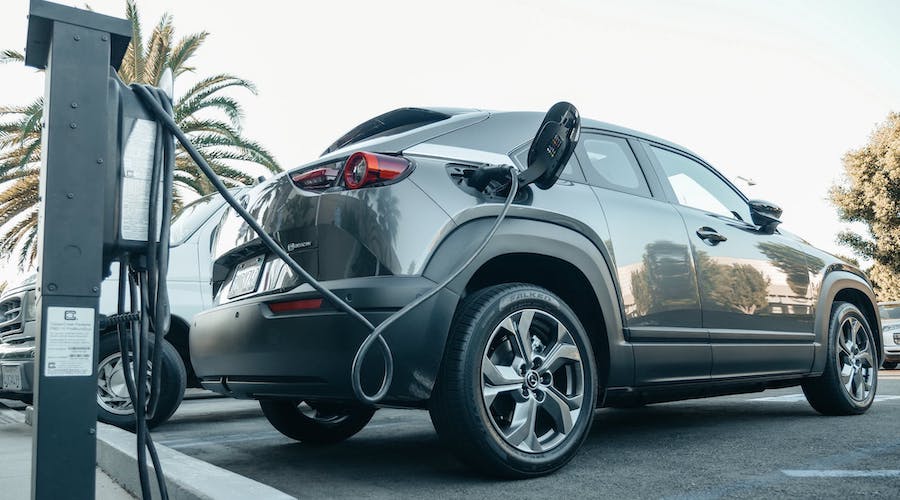Scientists develop non-flammable electrolyte for lithium-metal batteries

Using computational science, researchers at the Korea Institute of Science and Technology (KIST) and the US Lawrence Livermore National Laboratory have developed a fluorine-substituted high-voltage stable chloride-based solid-state electrolyte.
This new material is expected to be non-flammable and a safer alternative to liquid electrolytes commonly found in lithium-ion batteries.
To improve the high-voltage stability of chloride-based solid electrolyte (Li3MCl6), the research team proposed the optimal composition and design principle of chloride-based solid electrolyte (Li3MCl5F) substituted with fluorine(F), which has strong chemical bonding ability.
For the proposed strategy to achieve this goal, LLNL contributed by utilizing their cutting-edge supercomputing resources for calculations and subsequent experimental validations were conducted at KIST. The collaborative research team adopted a cost-effective and time-saving strategy, wherein computational science guides the initial material design, followed by rigorous laboratory validation.
The chloride-based solid electrolyte synthesized based on the design principle proposed by the team was applied to an all-solid-state battery to evaluate its electrochemical stability under high-voltage conditions. It showed high-voltage stability exceeding 4 V, comparable to that of commercial lithium-ion batteries with liquid electrolytes. Accordingly, fluorine(F)-substituted chloride-based solid electrolytes are expected to replace sulphide-based solid electrolytes that are unstable at high voltages, accelerating the commercialization of all-solid-state batteries.
The Korea-US joint research team will now conduct follow-up research on the synthesis process of the material, alongside the optimization of electrode and cell manufacturing processes. These concerted efforts aim to hasten the commercialization of all-solid-state batteries.
In the event of successful commercialization, the joint team will be able to capture the market for solid-state electrolytes, a key component of all-solid-state batteries, in the US, one of the largest consumers of secondary batteries such as energy storage systems and electric vehicles.
“This work provides a new design principle for fluorine-substituted high-voltage stable chloride-based solid-state electrolytes, which will accelerate the commercialization of high-energy-density next-generation lithium all-solid-state batteries without fire hazards,” Seungho Yu, one of the researchers at KITS, said in a media statement.
{{ commodity.name }}
{{ post.title }}
{{ post.date }}




Comments